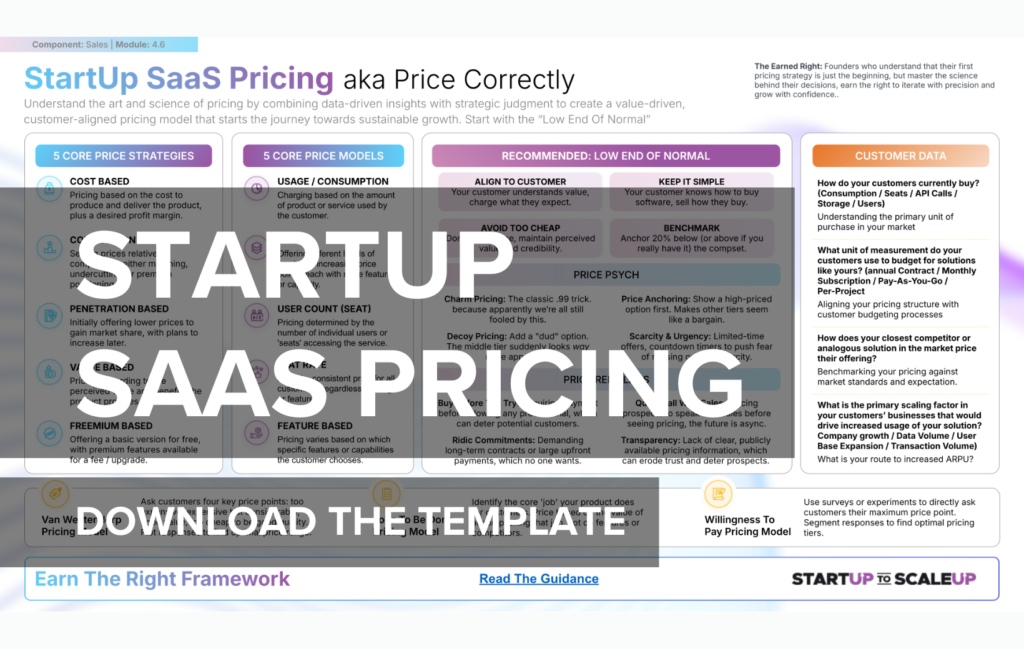How Can Startups Price Their Products Effectively?
Why is pricing crucial for startup success?
Pricing is a critical factor in startup success for several reasons:
- Revenue generation: Proper pricing directly impacts your ability to generate sustainable revenue.
- Customer perception: Price signals value and positions your product in the market.
- Growth potential: The right pricing strategy can fuel rapid growth and market penetration.
- Investor attraction: A solid pricing model can make your startup more attractive to investors.
- Competitive advantage: Strategic pricing can differentiate you from competitors.
Effective pricing is not just about covering costs; it’s about capturing the right value for your product while appealing to your target market.
What are the key considerations for startups when setting prices?
When setting prices, startups should consider:
- Value proposition: What unique value does your product offer?
- Target market: Who are your ideal customers and what’s their willingness to pay?
- Competitive landscape: How do your prices compare to alternatives?
- Costs: What are your production, distribution, and operational costs?
- Growth strategy: How does your pricing align with your long-term goals?
It’s crucial to balance these factors to find a price point that’s attractive to customers while supporting your business objectives.
What pricing models work well for early-stage startups?
Several pricing models can be effective for early-stage startups:
- Freemium: Offer a basic version for free, with premium features at a cost.
- Tiered pricing: Multiple price points based on features or usage.
- Usage-based: Pricing based on consumption or activity levels.
- Subscription: Regular payments for ongoing access to the product.
- Pay-what-you-want: Let customers decide the price (with a minimum).
The best model depends on your product, market, and business goals. Many startups find success by starting simple and evolving their pricing as they grow.
How can startups use pricing psychology to their advantage?
Pricing psychology can significantly impact customer perception and behavior:
- Charm pricing: Prices ending in .99 or .97 can make products seem less expensive.
- Decoy pricing: Offer a strategically priced option to make your preferred option more attractive.
- Anchoring: Present a higher price point first to make subsequent prices seem more reasonable.
- Bundle pricing: Combine products or features to increase perceived value.
- Scarcity pricing: Limited-time offers can create urgency and drive conversions.
While these tactics can be effective, it’s crucial to use them ethically and ensure they align with your overall brand and value proposition.
How often should startups review and adjust their pricing?
Startups should review their pricing regularly:
- Quarterly reviews: Assess performance and market conditions every 3-4 months.
- After major milestones: Re-evaluate when launching new features or entering new markets.
- In response to competition: Adjust if competitors make significant pricing changes.
- Based on customer feedback: Consider changes if you’re consistently hearing price concerns.
- As costs change: Update pricing if your expenses significantly increase or decrease.
While frequent changes can confuse customers, being too rigid can leave money on the table. Aim for a balance between stability and adaptability.
How can startups use pricing to attract and retain customers?
Startups can leverage pricing to attract and retain customers through:
- Introductory offers: Temporary discounts to encourage first-time purchases.
- Loyalty programs: Rewards or discounts for long-term customers.
- Volume discounts: Better rates for larger purchases or commitments.
- Grandfathered pricing: Maintain lower rates for early adopters even as prices increase.
- Flexible terms: Offer various payment options or contract lengths to suit different needs.
Remember, while attractive pricing can draw customers in, it’s the value they receive that will keep them loyal in the long run.
Effective pricing is both an art and a science for startups. It requires a deep understanding of your market, your costs, and your value proposition. Start by pricing at the low end of normal for your market, focusing on simplicity and alignment with how your customers typically buy. As you gather data and feedback, continually refine your approach.
Your goal is not just to make sales, but to build a sustainable, profitable business that delivers real value to your customers.
